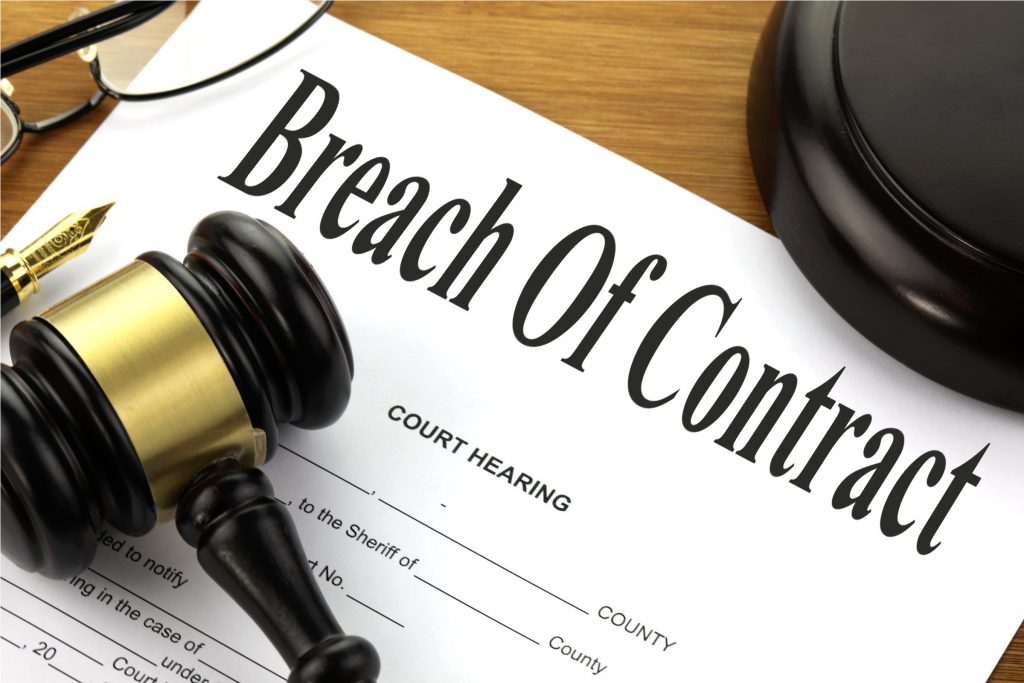Unfair dismissal solicitors

What is unfair dismissal?
An employment tribunal will accept an employer sacking an employee if it can be shown that the employee has failed and will continue to fail to fulfil the employment contract. But employment law advice is not that simple. Ending a contract of an employee with two years’ service can break the Employment Rights Act 1996 and an employment tribunal may judge the sacking as unfair dismissal or wrongful dismissal.
Can you claim for unfair dismissal with less than 2 years’ service?
In most circumstances the employee can claim for unfair dismissal once they have reached a qualifying period of two years’ service.
However, it will be unfair dismissal at any time, whether or not the employee has two years’ service, if it concerns the employee’s ‘protected characteristics’ such as race or gender, as laid out in employment law.
Fair procedure
Employment Solicitors gives legal advice to an employer that they need to have justifiable reasons and go through a fair procedure for the sacking to be lawful and to avoid unfair dismissal claims.
Unfair dismissal solicitors would point out that a sacking satisfies the correct procedure if the employer:
- – used sacking as the last resort
- – carried out an investigation as soon as reasonable to determine the facts
- – used a fair and consistent procedure when dismissing employees
- – set out the rules and disciplinary procedures in writing
- – ensured that managers and employees understand the disciplinary rules, and
- – sought to resolve any problems informally.
If it is clear to an employment tribunal that an employer has not treated the employee in a comparable way to other employees, then the sacking is likely to be judged as unlawful dismissal.
What are the ’5 fair reasons’ for dismissal?
An unfair dismissal lawyer dealing with unfair dismissal would advise that there are five fair reasons for dismissal that would be recognised by an employment tribunal hearing. These are:
- – poor conduct – when the employee has done something unacceptable in the workplace or strongly related to the workplace,
- – lack of capability – when the employee does not have the skills or qualifications to do the job or simply cannot do the job,
- – redundancy – when there are business reasons to eliminate an employee’s job
- – legal reason – when the employee cannot do their job legally, for example a lorry driver who is banned from driving,
- – ‘some other substantial reason’ – a term used for a wide variety of other situations, including:
i a fixed-term contract ending,
ii third party pressure, such as if a client refuses to work with the employee,
iii. the employee refusing to agree to new terms and conditions.
Can I be sacked without a written warning?
An employer can immediately sack an employee on the grounds of gross misconduct. An unfair dismissal solicitor would advise that an employer should be able to argue that the gross misconduct was either serious or has serious consequences. This is particularly so for an employee’s use of violence in the workplace or an employee has seriously breached reasonable policies.
Gross misconduct could include:
- – criminal conduct in the workplace, such as fraud,
- – physical violence,
- – knowing that they could and should have carried out important duties and failed to do so,
- – serious insubordination, such as refusing to carry out an instruction that was in line the employment contract.
Both employers and employees can suggest ending a workplace dispute through a settlement agreement. This agreement means that an employee gives up most legal rights to litigate about the ending of an employment contract on the basis that the employee receives benefits, usually, but not exclusively, financial.
Automatic unfair dismissal
Some reasons are automatically unfair. It is unfair dismissal if an employer sacks an employee because they were:
- – pregnant, including all reasons relating to maternity
- – on family leave, including maternity leave, parental leave, paternity leave, adoption leave or for time off for dependents
- – acting as an employee representative
- – acting as a trade union representative
- – acting as an occupational pension scheme trustee
- – joining or not joining a trade union
- – a part-time or fixed-term employee
- – pay and working hours, including the Working Time Regulations, annual leave and the National Minimum Wage, and
- – whistleblowing.
An employment tribunal makes a judgment about a dismissal by examining whether a fair procedure was followed.
What is constructive dismissal?
Constructive dismissal can also constitute unfair dismissal. If an employer seriously breaches the employment contract in order to force an employee to leave, then this amounts to constructive dismissal. In such a case, an employee should be able to show that they did not accept the breach and genuinely felt they were forced to leave. Unfair dismissal applies to full-time and part-time workers.
Examples of a serious breach leading to constructive dismissal include not paying the employee properly, demotion or bullying.
What is wrongful dismissal?
Wrongful dismissal can be claimed when an employer has breached an employee’s contract.
This could be when an employer has sacked an employee without giving them a notice period or notice pay, or not given the full notice period they are entitled to.
An employee can claim unfair dismissal at any time, regardless of how long they have worked for their employer.
Can I be sacked for no reason?
An unfair dismissal lawyers would advise an employer to give reasons for a dismissal in writing. An employer should also outline when the employment contract ends, what their notice period is, if there is one and how they can appeal the decision. An employee has the legal right to receive in writing within 14 days the reasons for dismissal.
Example: Gross misconduct sacking
A large company was on the wrong side of the law after sacking a good worker for gross misconduct.
Robert Newbold, a penstock co-ordinator, with a 34-year unblemished work record, was unfairly dismissed by Thames Water for breaching health and safety rules. Thames Water concluded that he and a colleague put their own lives at risk after entering a sewer without wearing the proper protective equipment.
An Employment Tribunal judged that even though the employees had contributed to their own sacking, dismissal was outside the ‘range of reasonable responses’ to their transgression.
Thames Water took the case to the Court of Appeal in 2011 but the tribunal decision against them was upheld.
Both the tribunal and appeal court looked at Robert Newbold’s record and what Thames Water could have done about the transgression.
At one end of the range of responses was a strict employer who would sack an employee for misconduct. At the other, a lenient employer offering another chance. If the employer’s penalty of dismissal fell anywhere within the range, the dismissal would be fair. In this case, a single act of misconduct in an otherwise unblemished career, fell outside the range of reasonable responses.
The appeal court reduced the compensation that Thames Water had to pay to £54,197.84.
How can I claim for unfair dismissal or constructive dismissal?
Contact unfair dismissal lawyers for legal advice if you are an employee about how much you can get for unfair dismissal, and to discuss your case. We can discuss your employment rights and help you through the process for unfair dismissal or constructive unfair dismissal, to get the claim compensation you deserve.
Advice for employers
If you are an employer we can give legal advise you on all aspects of UK employment law, to protect you from costly employment tribunals.
News stories related to unfair dismissal
Contact Us
To speak to an employment law specialist about your case, call us on 0345 430 0145 or contact us online.















